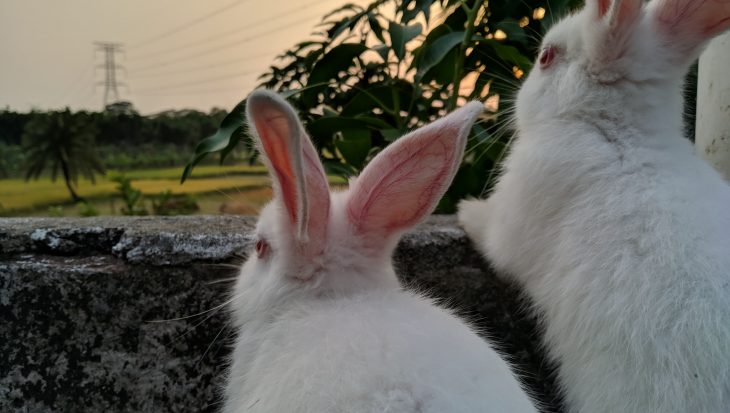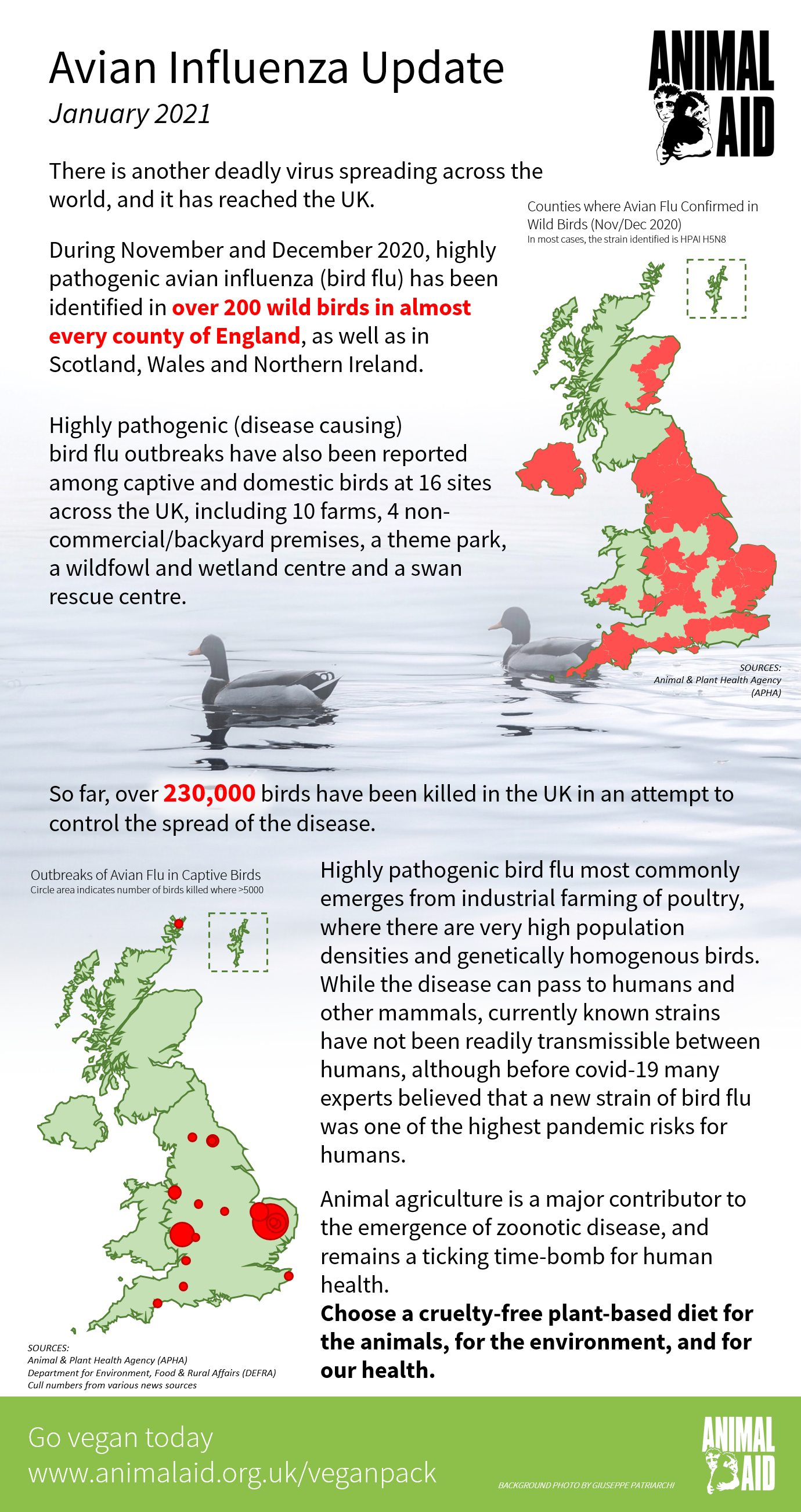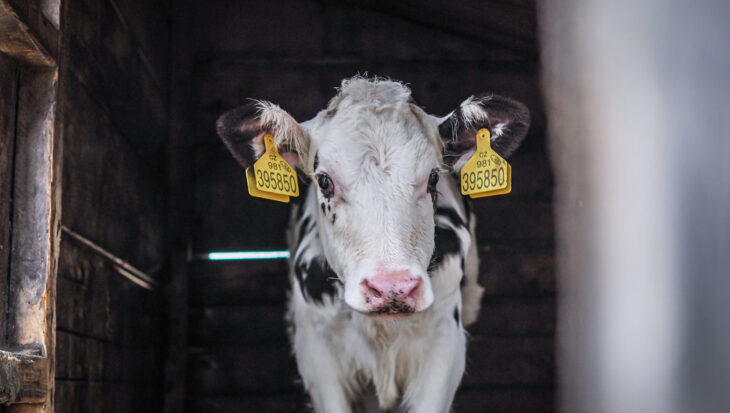When reported in the media, the focus for avian flu invariably tends to be on the human health impacts of the virus being negligible.
More than 60 percent of almost 1,500 known human pathogens are thought to have originated in animals with three-quarters of emerging infectious diseases also coming from animals. In recent years, animal farming has brought us outbreaks of BSE, bovine TB, foot and mouth, bird flu, swine flu, campylobacter, salmonella and many more devastating diseases. No wonder the United Nations Food and Agriculture Organization has warned that global industrial meat production poses a serious threat to human health.
There’s no going back, we can only travel forwards, we absolutely have to fix our broken food system and make good our relationship with non-human animals, if we are to collectively survive.
Please do read and share this report widely to help raise awareness and encourage movement in a better direction.
Download a copy of our 'Is Factory Farming Making Us Sick' report


